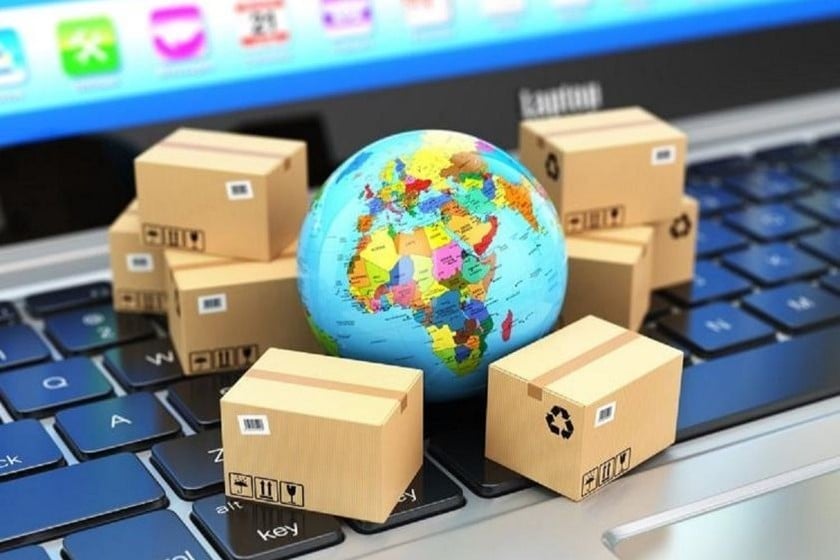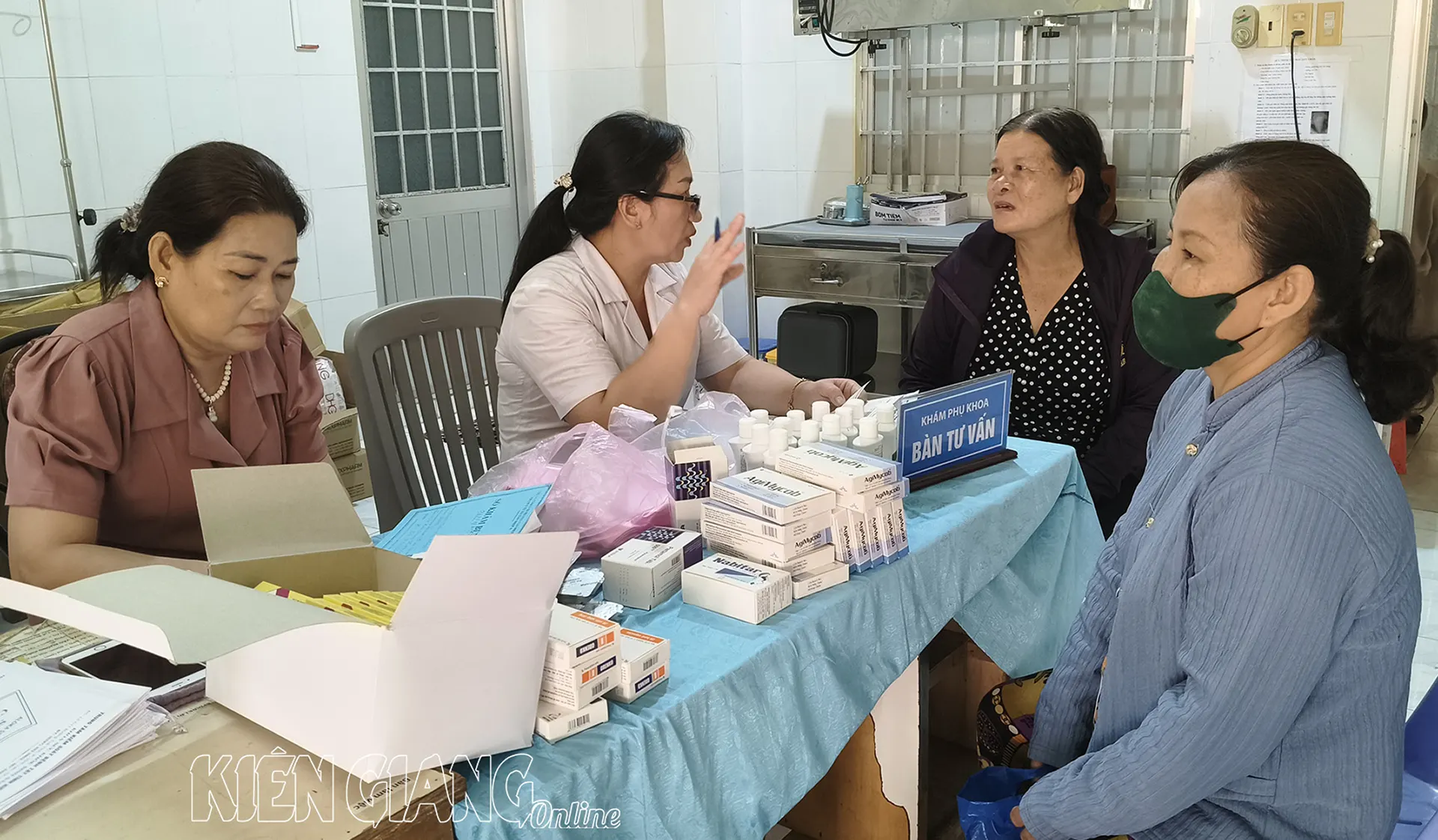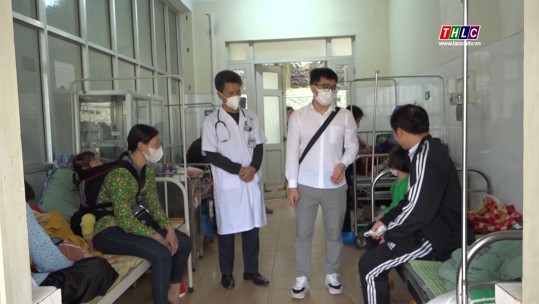The strong development of the digital economy, e-commerce and the emergence of many new business and consumption methods bring many conveniences but also pose many risks of buying fake goods, counterfeit goods, and goods of unknown origin. This is not a new issue, but in the current context, it requires an appropriate approach to protect the rights of consumers in Vietnam.

Illustration photo.
In fact, the situation of trading in counterfeit and poor quality goods and violating consumer rights is becoming more and more serious. Counterfeit and fake goods, especially on e-commerce platforms, are very diverse and difficult to detect because the images and product information used for promotion are real, but the products delivered to consumers are not. As a result, many individuals and consumers buy defective products, services and goods that do not meet the standards of the manufacturer or seller when committed.
According to statistics, from December 15, 2023 to April 25, 2024, market management forces nationwide detected and handled 17,584 violations; collected nearly 200 billion VND for the budget; the value of infringing goods was nearly 80 billion VND; and transferred 67 cases with signs of crime to the investigation agency. In April 2024 alone, market management forces detected and handled 4,599 violations; collected nearly 45 billion VND for the budget; the value of infringing goods was nearly 15 billion VND; and transferred 13 cases with signs of crime to the investigation agency.
Buying counterfeit, fake, or unknown origin goods not only reduces trust but also directly affects the wallet, health, and interests of consumers. Therefore, it is necessary to supplement and improve legal policies on consumer protection, in order to maximally protect the rights of consumers - who are always at a disadvantage when participating in transactions.
The Law on Consumer Protection 2023 officially takes effect from July 1, 2024 (replacing the Law on Consumer Protection issued in 2010), clearly defining the rights and obligations of consumers. With a tighter legal framework, overcoming current loopholes, the Law on Consumer Protection is expected to bring about positive and more effective changes in controlling the problem of counterfeit goods and protecting consumers. The Law clearly defines the responsibilities of business organizations and individuals, state management agencies and social organizations participating in protecting consumer rights.
At the same time, the Law supplements the provisions on the rights of consumers to request business organizations and individuals to negotiate; the right to request state management agencies and social organizations to participate in protecting consumer rights to support negotiations when their legitimate rights and interests are violated; and perfects the provisions on simplified procedures applied to resolve civil cases on consumer rights protection. The Law also expands the scope of regulation, adding new forms of transactions such as livestream, cross-border e-commerce... The responsibilities of related parties in the supply chain, including manufacturers, distributors, e-commerce platforms, sellers... are specifically defined, making it easier to identify and handle violations.
On the other hand, sanctions are also strengthened, creating a stronger deterrent. In addition to perfecting legal regulations; close coordination between state agencies in managing, detecting and handling violations is extremely necessary. On the consumer side, it is necessary to be more alert and wise in evaluating and choosing products as well as constantly raising awareness of their rights and obligations in commercial transactions.
Source


![[Photo] Phuc Tho mulberry season – Sweet fruit from green agriculture](https://vstatic.vietnam.vn/vietnam/resource/IMAGE/2025/4/10/1710a51d63c84a5a92de1b9b4caaf3e5)



![[Photo] Unique folk games at Chuong Village Festival](https://vstatic.vietnam.vn/vietnam/resource/IMAGE/2025/4/10/cff805a06fdd443b9474c017f98075a4)
![[Photo] Prime Minister Pham Minh Chinh chairs meeting to discuss tax solutions for Vietnam's import and export goods](https://vstatic.vietnam.vn/vietnam/resource/IMAGE/2025/4/10/19b9ed81ca2940b79fb8a0b9ccef539a)





















































































Comment (0)